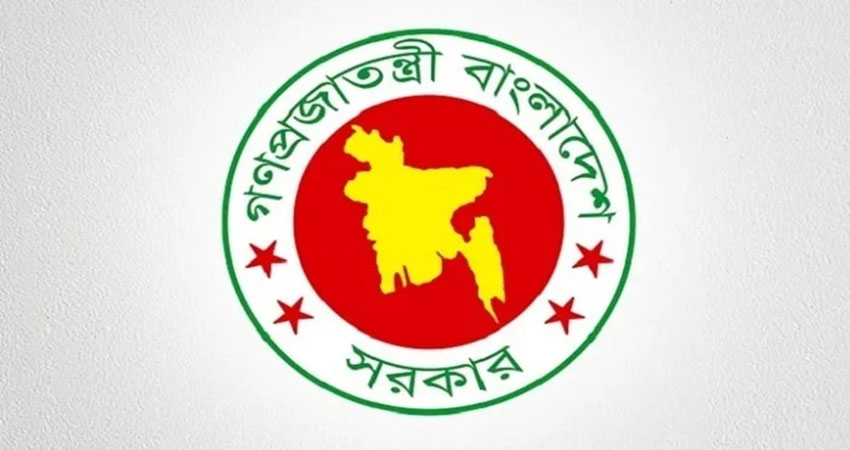Prime Minister Sheikh Hasina on Friday urged the international community to urgently deal with the disruptions of global logistics and supply chains as Ukraine war has seriously strained the already fragile pandemic-hit global economy.
“This will help control the rising commodity price,” she told the first high level meeting of Global Crisis Response Group on Food, Energy and Finance (GCRG) organised by United Nations, UNB reports.
The GCRG has been established by the UN to coordinate the global response to the widespread impacts of the war in Ukraine.
The group has on board the world’s six eminent leaders: Prime Minister of Bangladesh Sheikh Hasina, Prime Minister of Barbados Mia Mottley, Prime Minister of Denmark Mette Frederiksen, Chancellor of Germany Olaf Scholz, President of Indonesia Joko Widodo and President of Senegal Macky Sall.
Joining Friday’s meeting virtually from her official Ganobhaban residence the prime minister said that the war in Ukraine comes at a time when the world is still struggling to recover from the Covid-19 pandemic.
She said that short supply and unusual price hike of food, fuel and other commodities have already put serious strain on the lives of the common people.
She mentioned that as a representative of the global South, she brought to the table the voices of the millions of people who are the most affected due to this crisis.
Referring to Bangladesh’s attainment of food and energy security she said the Ukraine war, however, has made the situation extremely volatile.
The PM said that Least Developed Countries (LDCs) and Small Island Developing States (SIDs) are bearing the heaviest brunt.
“They need immediate and targeted support measures to overcome this situation,” she told the forum.
Hasina said that advanced economies and multilateral financial institutions have to come forward and grant duty-free-quota-free market access and more accessible financing to the vulnerable countries.
She underlined strengthening global solidarity and adoption of a well-coordinated response where the G-7, G-20, Organisation for Economic Co-operation and Development (OECD) and international financial institutions have a crucial role to play.
“I am happy to see that the Steering Committee of this Group comprises all the major financial institutions. We will lend our full support to their efforts for tailoring actionable recommendations to tackle the crisis,” he said.
The premier urged more focus on increased technology support and investments for the agricultural sector, for effective food storage and distribution systems.
“There are also many untapped business opportunities in the renewable energy field, especially in the LDCs,” she added.
She pointed to the existing North-South, South-South, and triangular cooperation to advance these agendas. Engagement with the private sector is also going to be critical in this regard.
She said that the agro-food system is under serious stress in many SIDs and low-lying climate-vulnerable countries.
For that, she mentioned that Bangladesh’s development journey has led to many innovative climate actions.
“We wish to share our knowledge, understanding, and experience in addressing the challenges of climate change, biodiversity loss and environmental degradation for the benefit of other,” she said.
She reiterated that Bangladesh is a strong believer in multilateralism.
“We have always responded to the UN’s call to contribute to global peace, stability, and development. Our commitment to supporting this Group stems from that conviction.”
As a nation, she said, Bangladesh is known for its resilience against the most daunting challenges. The Covid-19 pandemic is its latest example. “Our pandemic recovery efforts were marked by a careful balance between protecting lives and livelihoods,” she said.
She said that her government had put the most vulnerable people at the forefront of its recovery efforts. It widened the coverage of social protection to support those who are the furthest behind.
“Timely measures to procure vaccines helped us avert a major health crisis and saved lives,” she told the forum.
She said that the government also took pragmatic initiatives to support its export sector and SMEs. Stimulus packages worth USD 23 billion were rolled out.
And these measures helped the country to achieve a 6.94 per cent GDP growth rate in the last fiscal year, she said.
PM urges fixing war-disrupted global supply chains to tame rising prices



















